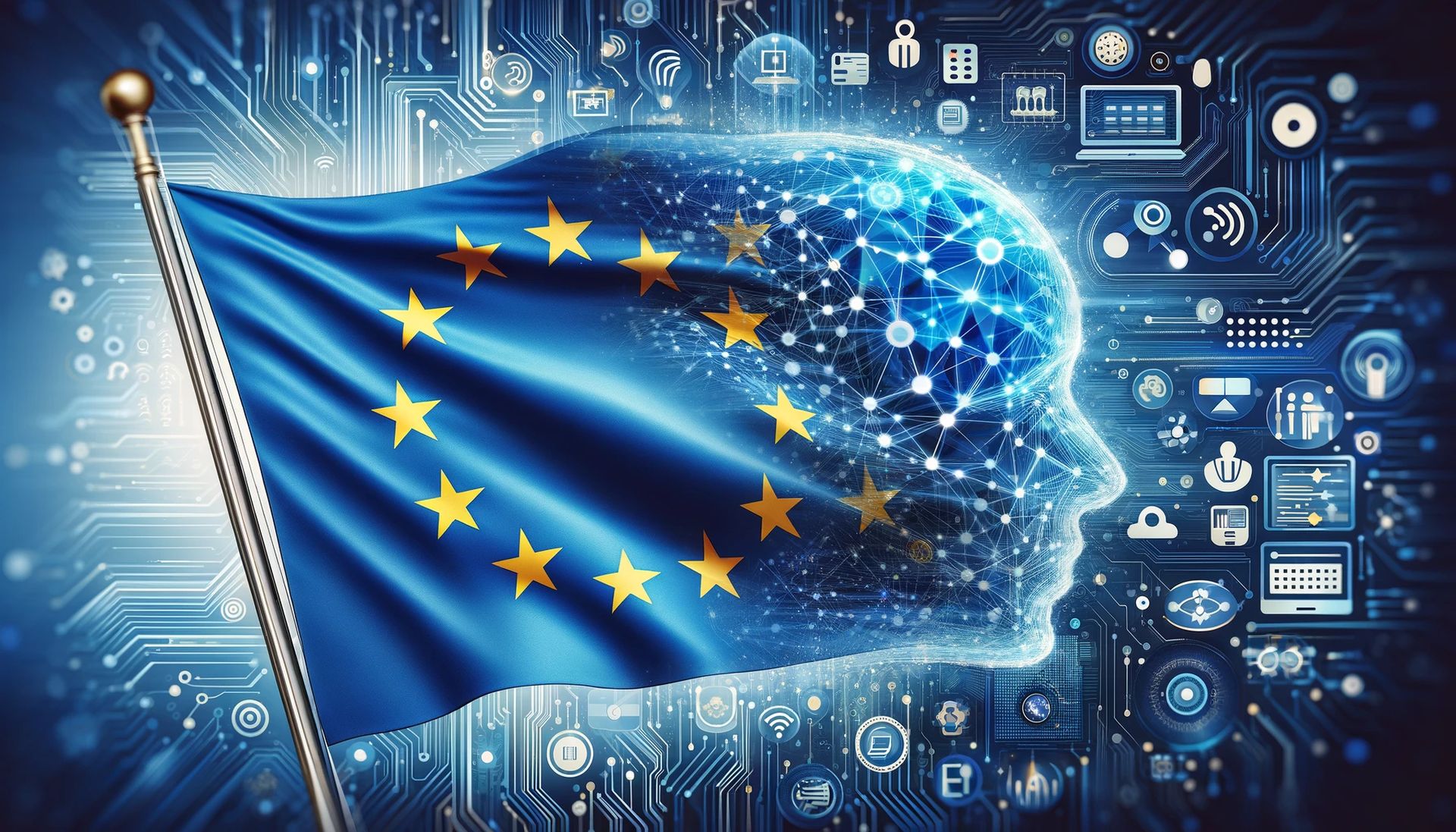
The AI Regulation and what to expect from it?
1. Introduction .
Artificial intelligence has literally become the new reality of the third millennium, as it is now permanently present as a technological solution in numerous devices, businesses, social solutions, with its "face" peeking out from industry and medicine as well. All this necessitates the construction of an adequate legislative framework not only at the national, but also at the multinational level, with a clear awareness of the complexity of the problem of a legal and technological nature, as well as the assumed general human, philosophical, social and purely pragmatic questions "for" and "against" ", which should be included as a decision in the normative framework in question. I am happy to note that Europe has responded quickly to this new challenge and work on global, pan-European legislative planning has already started a few years ago.
After all, in December 2023. European Union parliamentarians agreed on a sweeping new international act to regulate artificial intelligence - one of the world's first comprehensive attempts to limit the use of a rapidly developing technology that has far-reaching societal and economic implications. The regulation on the definition of harmonized rules on artificial intelligence (also called the "Legislative act on artificial intelligence" or from the English "AI act"), set a new global criterion for the EU member states, which are determined to lay the legal foundation of the potential benefits of the technology while trying to guard against the possible risks associated with it, such as automating jobs, spreading misinformation online, and jeopardizing national security. The Regulation is currently going through several final steps of legal agreement and fine-tuning in the European Parliament, but the existing political agreement means that its main guidelines are set.